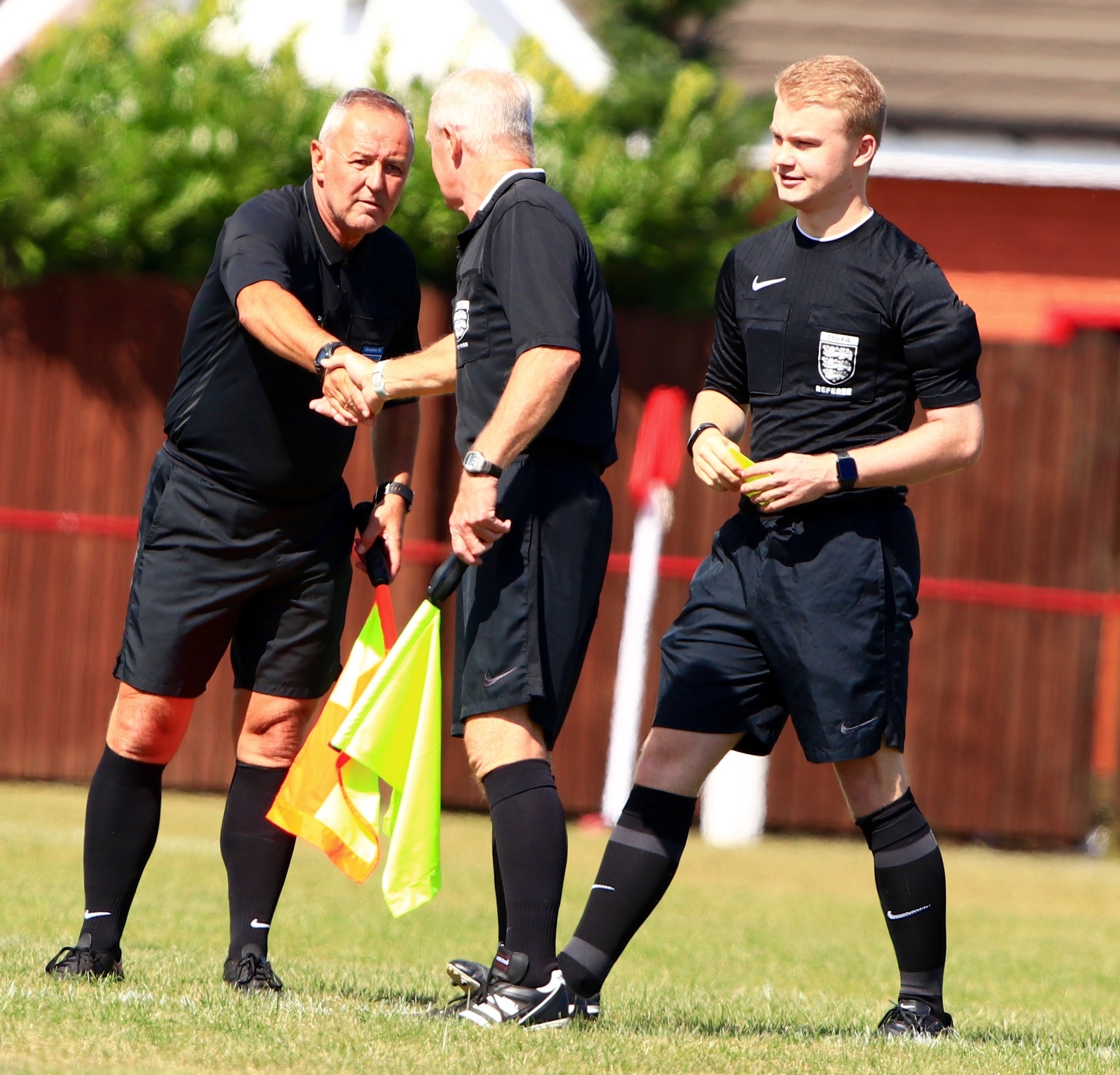-
Enhancing Knowledge and Understanding: Training sessions provide referees with an opportunity to deepen their knowledge and understanding of the game. They learn about the latest rule changes, interpretations, and developments in football, ensuring they stay up to date with the evolving nature of the sport. This knowledge enables referees to make accurate decisions and apply the rules effectively during matches.
-
Improving Decision-Making Skills: Refereeing requires split-second decision-making, often in high-pressure situations. Training sessions help referees refine their decision-making skills by practicing various scenarios and learning from experienced officials. They develop the ability to assess situations quickly, interpret player actions, and apply the rules appropriately, resulting in fair and consistent officiating.
-
Fitness and Conditioning: Football matches demand physical fitness from referees. Refereeing training sessions include physical conditioning exercises to improve stamina, agility, speed, and endurance. Referees need to keep up with the pace of the game, maintain the best position for optimal visibility, and make accurate decisions. Physical training ensures that referees can perform their duties effectively throughout the match.
-
Communication and Conflict Resolution: Referees must effectively communicate with players, coaches, and fellow officials on the field. Training sessions focus on developing strong communication skills, including clear and concise verbal and non-verbal communication techniques. Referees also learn conflict resolution strategies to manage and defuse tense situations during matches, maintaining control and order.
-
Consistency and Standardization: Training sessions promote consistency and standardization among referees. By attending these sessions, referees learn the same principles and interpretations of the rules, ensuring that their decisions align with those of their peers. Consistency in officiating builds trust and credibility in the game, providing a fair and level playing field for all teams.
-
Video Analysis and Feedback: Training and development sessions often involve video analysis of past matches to identify areas of improvement for referees. Through reviewing their performances, referees can identify their strengths and weaknesses, understand their decision-making patterns, and receive feedback from experienced officials. This process helps referees refine their skills, correct any errors, and continuously improve their performance.
-
Mental Preparation: Refereeing can be mentally demanding, requiring focus, concentration, and resilience. Training sessions often include mental preparation techniques to help referees develop the right mindset for officiating matches. They learn strategies to remain composed under pressure, manage stress, and make objective decisions even in challenging situations.


